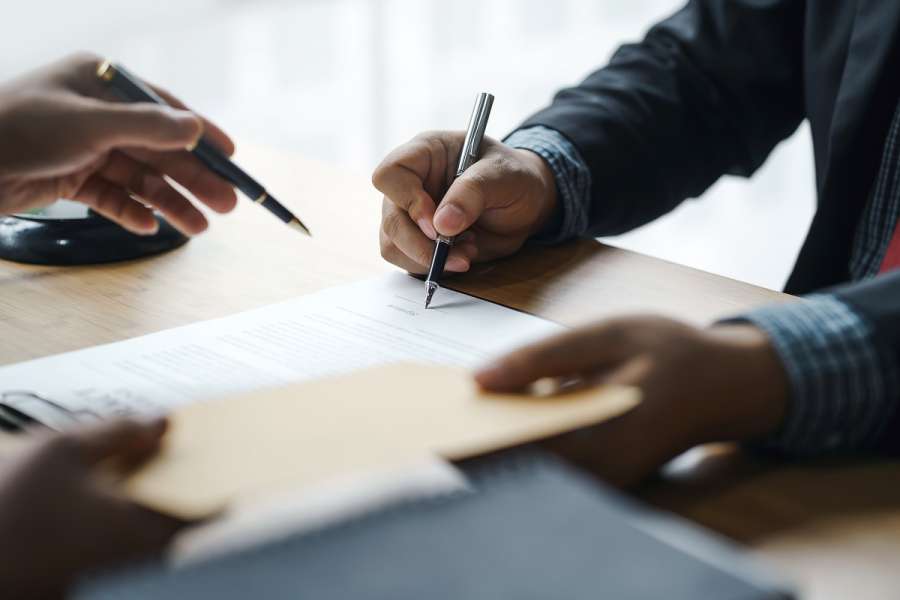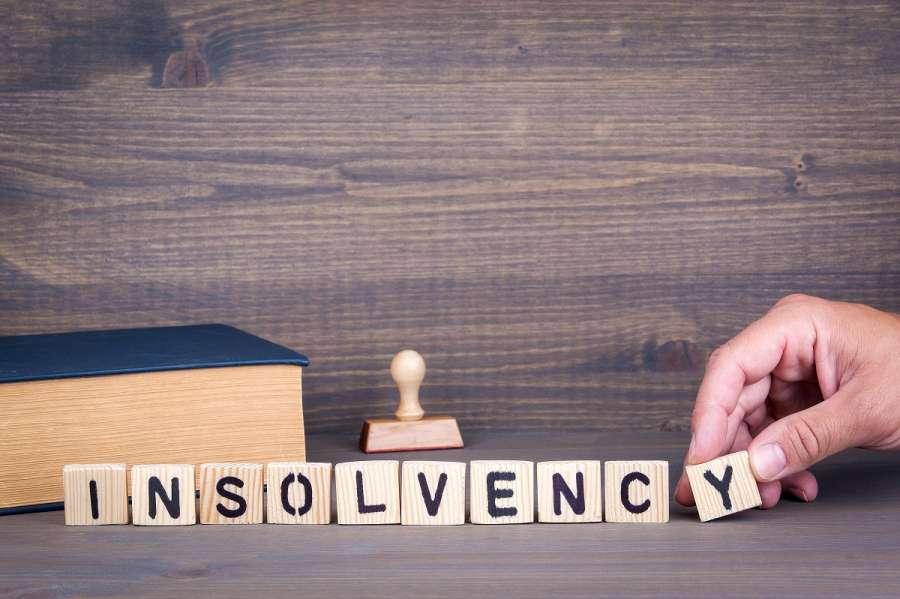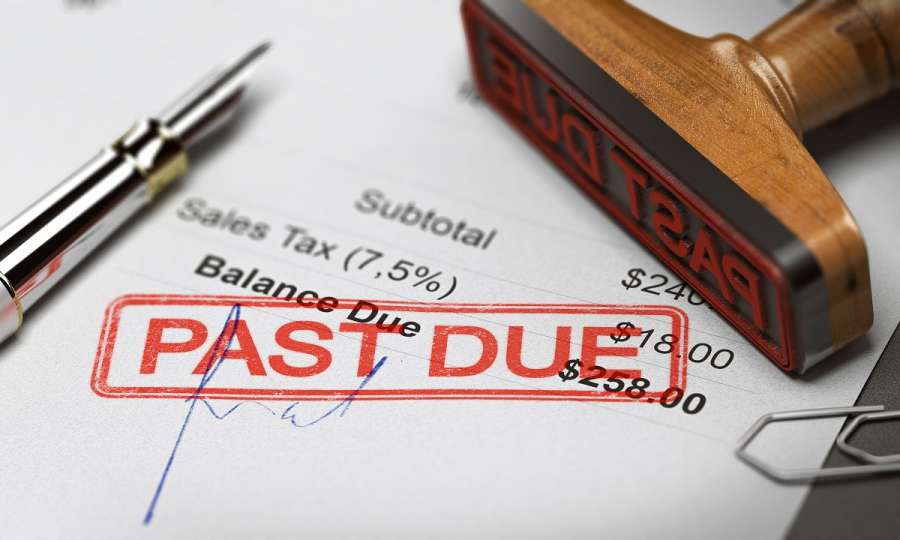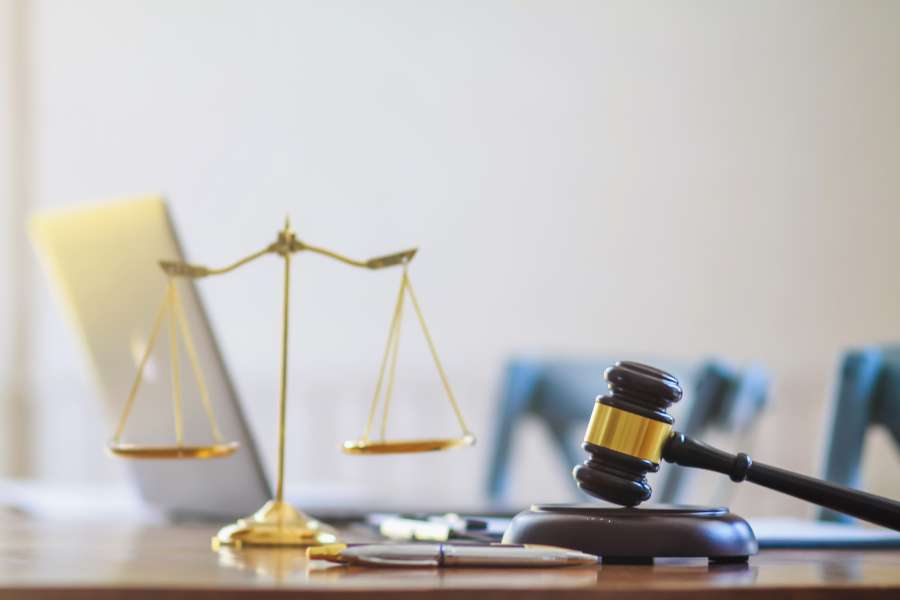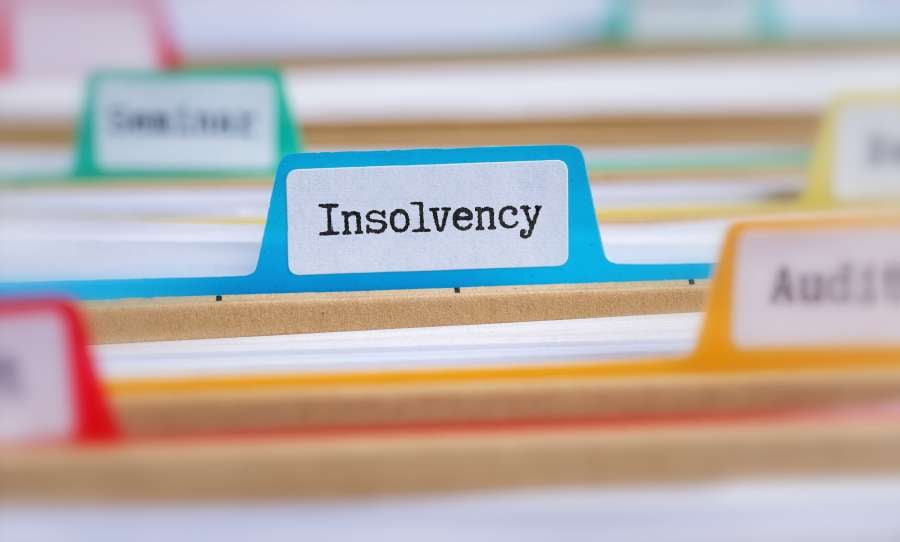If you are a creditor who is owed money by an individual, presenting a bankruptcy petition is one option available to you to try and recover the debt owing.
Filing a bankruptcy petition is only appropriate where several conditions have been met, which are explained by our Insolvency solicitors below.
Prior to presenting a bankruptcy petition, a statutory demand has to be served on the debtor.
A statutory demand is a formal way of asking for a debt to be repaid and provides the debtor with either 21 days to pay the debt or 18 days to make an application to the court to have the statutory demand set aside.
An application to set aside a statutory demand can be made if either the debt is disputed on substantial grounds or the debtor has a counterclaim or set-off that would reduce the debt to less than the bankruptcy level of £5,000.
